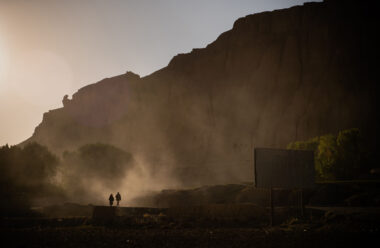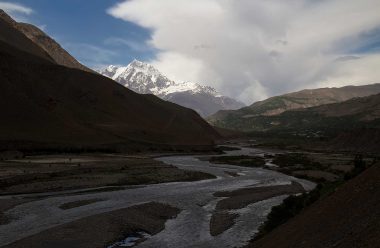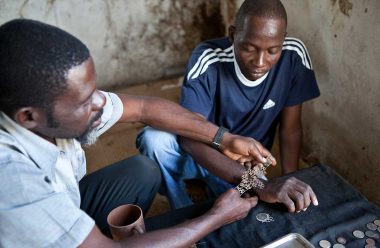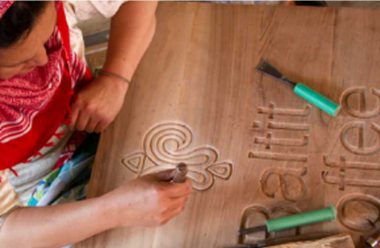Girls’ Education: Investing in Afghanistan’s Future
Every country needs leaders who are equipped with the tools, knowledge, and confidence to build a solid foundation for development.
The challenge: We have seen significant reductions in global poverty since 1990, but not everyone has benefitted equally. Hundreds of millions of women and girls are still poor and remain disproportionately affected by poverty, including unequal access to resources, opportunities, and choices. According to UN women, not a single country in the world can claim to have achieved gender equality. Women and girls continue to face obstacles in law and culture which translate to a world where they are undervalued, work more, earn less, have fewer choices, and experience violence at home and in public.
Our solution: We strive towards a future where gender does not determine status, power to make decisions, or access to resources and services – a world where women, men, girls, and boys can all reach their full potential. We promote gender equality in all of our programs by engaging women and men, girls and boys, to address the underlying beliefs and practices that create and reinforce gender inequalities. We also empower the disadvantaged, whether male or female, to develop confidence and skills and take control over their lives, and invest in institutions and relationships that facilitate an environment that supports gender equality.

Every country needs leaders who are equipped with the tools, knowledge, and confidence to build a solid foundation for development.

For these young climbers, reaching the top of the ice fall isn’t just about personal achievement – succeeding as a mountaineer means unlocking new opportunities in a region where a steady income can be hard to come by.

Sufo designs and crafts intricate silver jewellery in his workshop and sells the pieces to earn a living for him and his family. He uses his earnings to buy books, school materials, and food.

To mark World Water Day on March 22, we are exploring the connections between clean water and sanitation – and